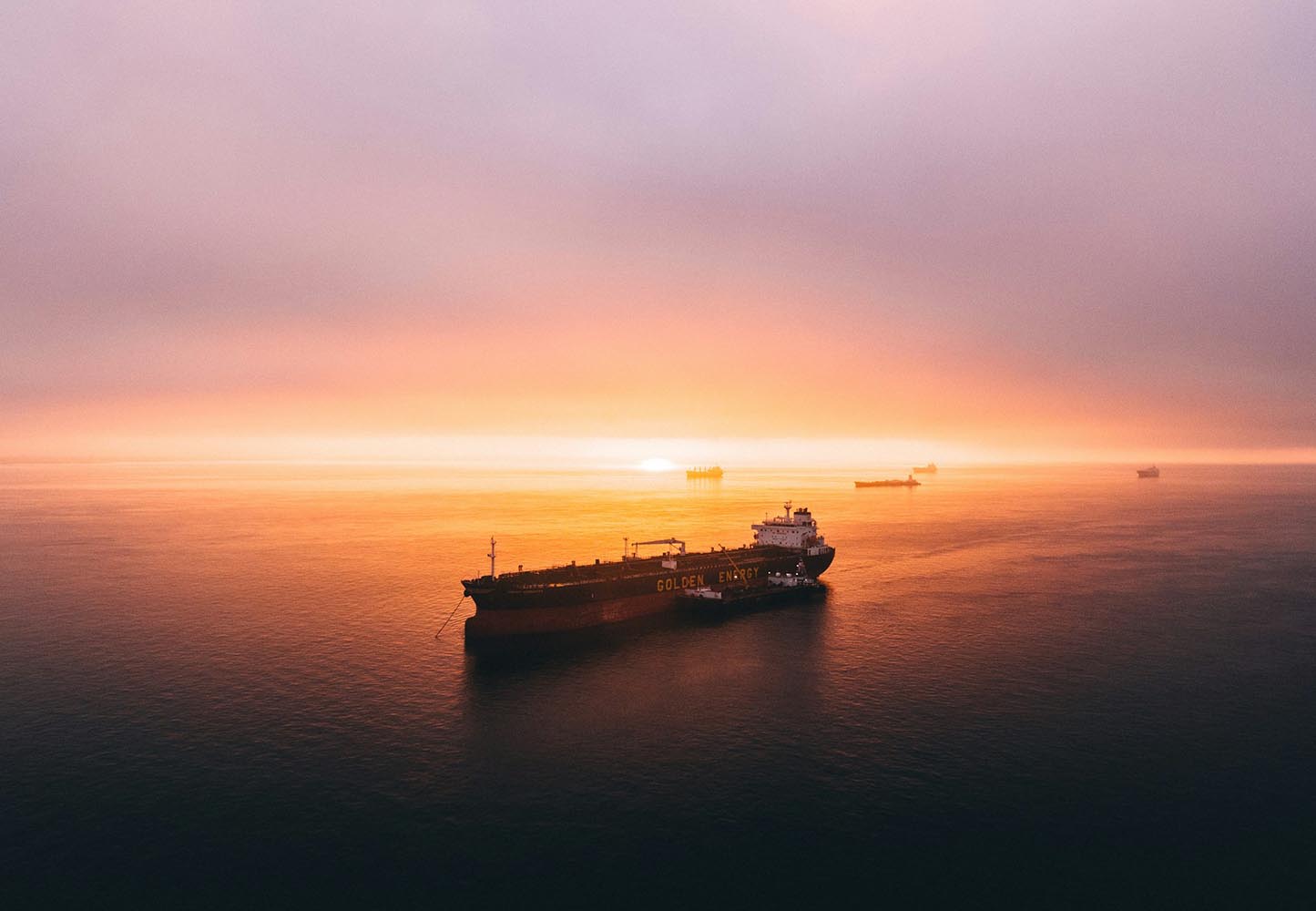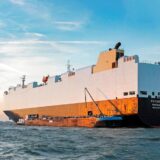
IMO advances framework for GHG emissions reduction from ships
The International Maritime Organization’s (IMO) Maritime Safety Committee (MSC) concluded its 108th session with significant advancements towards achieving net zero shipping. Held from May 15 to 24, 2024, at IMO Headquarters in London, UK, the session focused on developing a safety regulatory framework to support the reduction of greenhouse gas (GHG) emissions from ships through new technologies and alternative fuels.
Framework for GHG emission reduction
A major highlight of MSC 108 was the progress on establishing a comprehensive safety regulatory framework aimed at facilitating the safe implementation of zero or near-zero GHG emission technologies and fuels in the maritime industry. This initiative is critical for IMO’s goal of net zero shipping, necessitating the adoption of innovative technologies and sustainable fuels.
The committee reviewed the report from the Correspondence Group on the Development of a Safety Regulatory Framework, initially formed at MSC 107. The report provided an extensive list of potential fuels and technologies that could significantly reduce GHG emissions from ships. It also included detailed assessments of the technical aspects, hazards, and risks associated with each fuel and technology for both shipboard and shoreside operations.
Addressing safety and regulatory gaps
The assessment identified various safety obstacles and gaps within the existing regulations that must be addressed to ensure the safe use of these alternative fuels and technologies. The committee acknowledged these findings and called for further contributions from member delegations and international organisations to refine and expand the list and its annexes.
To continue this critical work, the MSC re-established the Correspondence Group, tasking it with developing specific recommendations to overcome the identified barriers. These recommendations will focus on amending current IMO instruments to ensure they effectively support the safe implementation of alternative fuels and new technologies. The Correspondence Group is expected to present its findings at MSC 109 and MSC 110.
Training provisions for seafarers
In line with the development of this framework, the Committee endorsed the Human Element, Training and Watchkeeping (HTW) Sub-Committee’s decision to create new training provisions for seafarers. These provisions will equip maritime personnel with the necessary skills and knowledge to safely operate ships using alternative fuels.
Broader MSC 108 outcomes
In addition to the focus on GHG emissions, MSC 108 saw several other key outcomes, including:
- Adoption of a resolution on maritime security in the Red Sea area.
- Revision of the roadmap for regulating Maritime Autonomous Surface Ships (MASS).
- Adoption of revised guidelines on maritime cyber risk management.
- Implementation of new training requirements addressing violence and harassment in the maritime sector, including amendments to the STCW Code.
- Revision of the treaty and introduction of the new STCW-F Code for the training and certification of fishing vessel personnel.
- Approval of new guidelines for the medical examination of fishing vessel personnel.
- Adoption of amendments to the 1974 SOLAS Convention and associated instruments.
- Updates on piracy and armed robbery.










